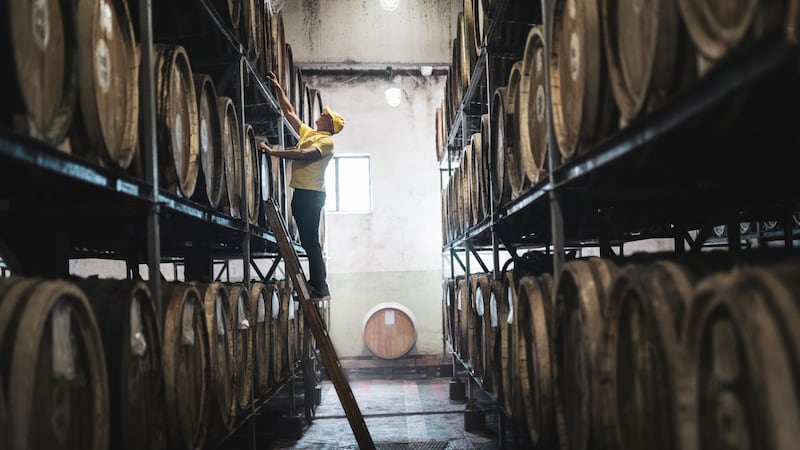EU agriculture commissioner Phil Hogan said Ireland is one of six European countries where Chinese veterinary inspectors are performing an audit this week, and he is hopeful that beef trade with China will resume before the end of the year.
"I would be hopeful that our discussions today and the visits by the audit teams this week to various establishments in the European Union this week will yield positive results this year," Mr Hogan said at a European food promotion event in the Chinese capital, part of a tour of China and Japan.
China banned EU beef imports over mad cow disease, or BSE, 16 years ago, but last year it was announced that the ban was being lifted for Irish beef.
“We have six countries where we are hopeful that in the course of this year they will be able to reopen the trade notwithstanding the fact that there is a considerable period time since the ban was brought into effect,” said Mr Hogan.
The six countries are Ireland, France, the Netherlands, Britain, Belgium and Italy. A shipment of beef from Hungary arrived in Shanghai in January, after China reached a frozen beef import deal with Budapest in 2014.
Importer
China was the second largest importer of EU agricultural and processed agricultural products in 2015, receiving eight per cent of all EU agricultural exports. The main EU agricultural exports to China include infant food, pork, offal, wines and spirits, and dairy products.
Hogan said the EU had implemented major changes in the European Union major changes in regards to traceability of the bloc’s
“We reassure all customers around the world, including China, where there is a high sensitivity in relation to food safety, that we have high quality products where we have controls that we can stand over,”
he said.
Beef is not a big part of the Chinese diet, but it is a major niche, and in a market of 1.3 billion people, that translates into huge demand for Irish red meat, especially as newly rich consumers experiment with different diets.
“We offer those particular products based on those controls to the consumer markets of China as a very positive engagement, and this includes a product like beef,” he said.
Earlier this month, Minister for Agriculture Simon Coveney told the Cabinet his department had been contacted by the Chinese government expressing concern about a vote at the United Nations Human Rights Council censuring China over its human rights record.
Mr Hogan said that the focus had not been on human rights at the meeting.
The issue did not appear to be playing a part in the lifting of the ban.
“Beef was mentioned but human rights wasn’t,” he said.
EU sources said that China was “flying a kite” by linking human rights to the beef ban.

















